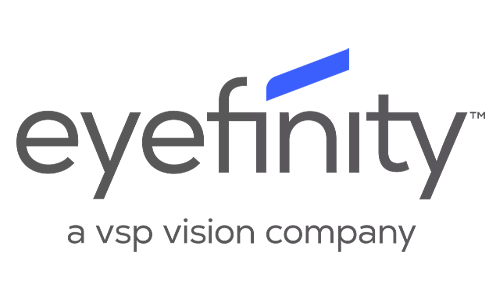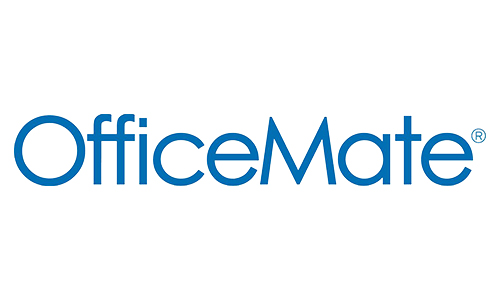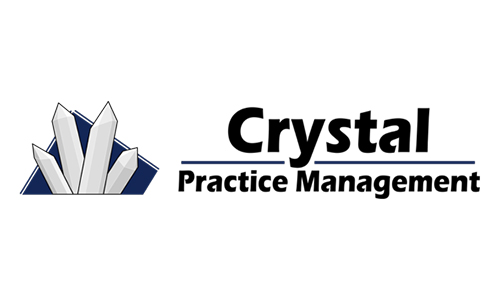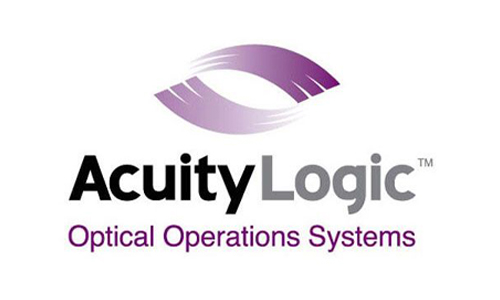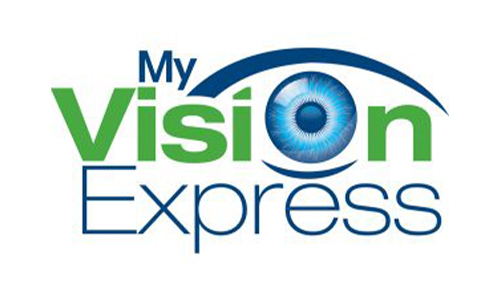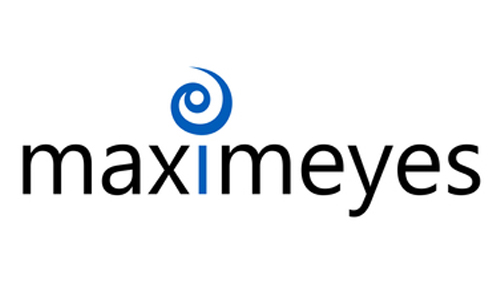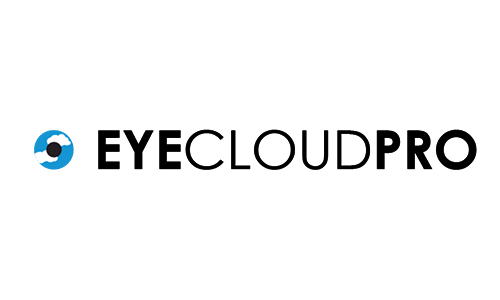THREE THINGS TO KEEP IN MIND TO EASE CO-MANAGING CATARACT CARE.
By Melissa Jacobson, Operations Manager
Co-managing cataract care with ophthalmologists is one way you can provide continuity of care to patients before and after surgery. But the logistics of transfer of care can be tricky, and, if not addressed correctly, can slow down the billing process.
Here are three things to keep in mind to ease co-managing cataract care:
1. Completely and accurately fill out the patient consent form.
All payers, especially Medicare, require that patients sign off on transfer of care before they are co-managed. The form, which states a patient’s desire to be co-managed, authorizes both doctors to share information. As with all insurance billing paperwork, make sure that names are spelled correctly, addresses are correct, and that the patient initials and signs in all necessary spots. One slight misstep, and you might suffer a billing detour.
2. Ensure the transfer of care document has the all the right information.
When co-managing cataract care, and to begin serving your patients post-operatively—and to get paid for those services—the surgeon must send a transfer of care document, which includes the following: patient name; operative eye; nature of operation; date of surgery; clinical findings; discharge instructions; and transfer date. All the diagnosis codes and procedure codes must also be included (this is especially true for Medicare). Often surgical offices simply fax the EMR, where those codes are buried. One way to ensure you receive the correct details in an efficient manner is to provide a coversheet for the ophthalmologist to fill out with all relevant details.
3. Develop a relationship with the ophthalmologist.
This might seem patently obvious, but an ongoing and respectful relationship with the ophthalmology practice will smooth the transition of patient care. Taking small steps to reach out to ophthalmology practices—outside of your regular interaction regarding patient care—shows you care about them as partners. Drop by and introduce yourself. Send a birthday card. Write a personal note for every referral. A personal connection makes it easier to discuss difficult cases and easily get the information you need to make sure your office stays on track with your patient care and billing.


